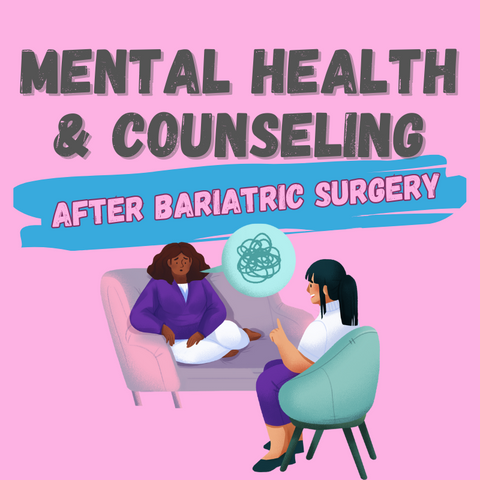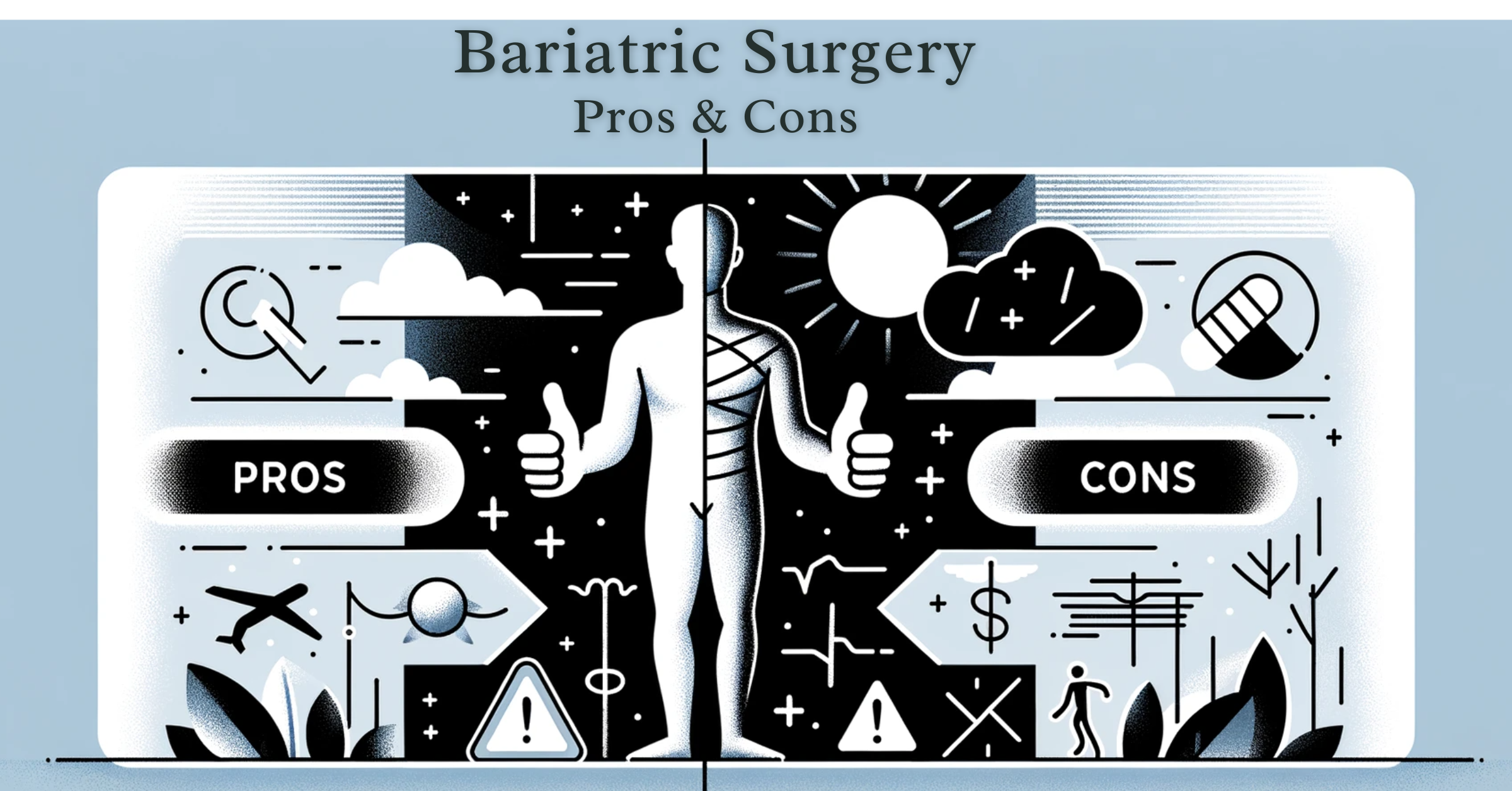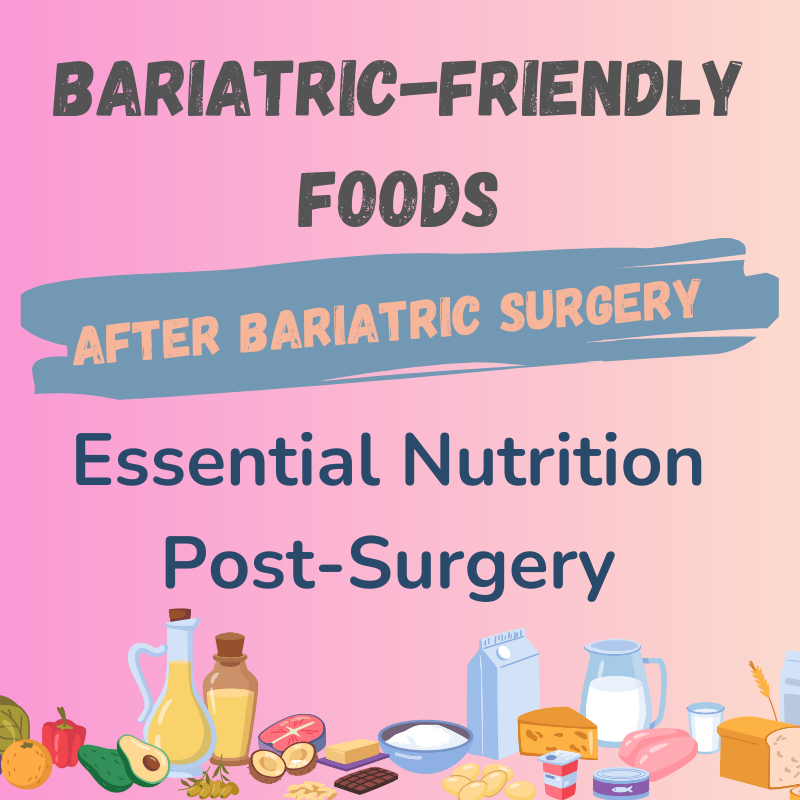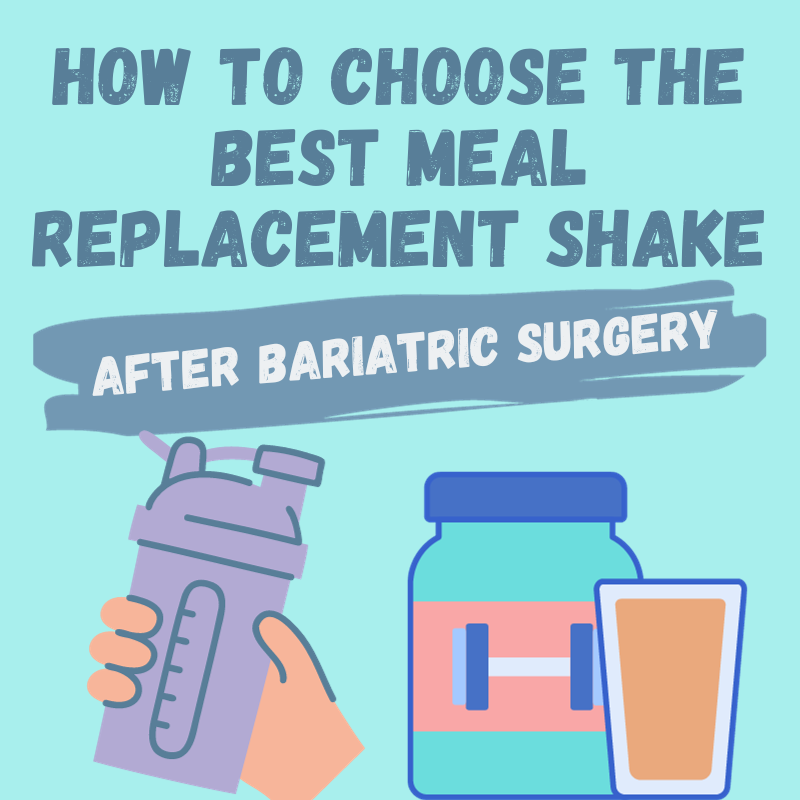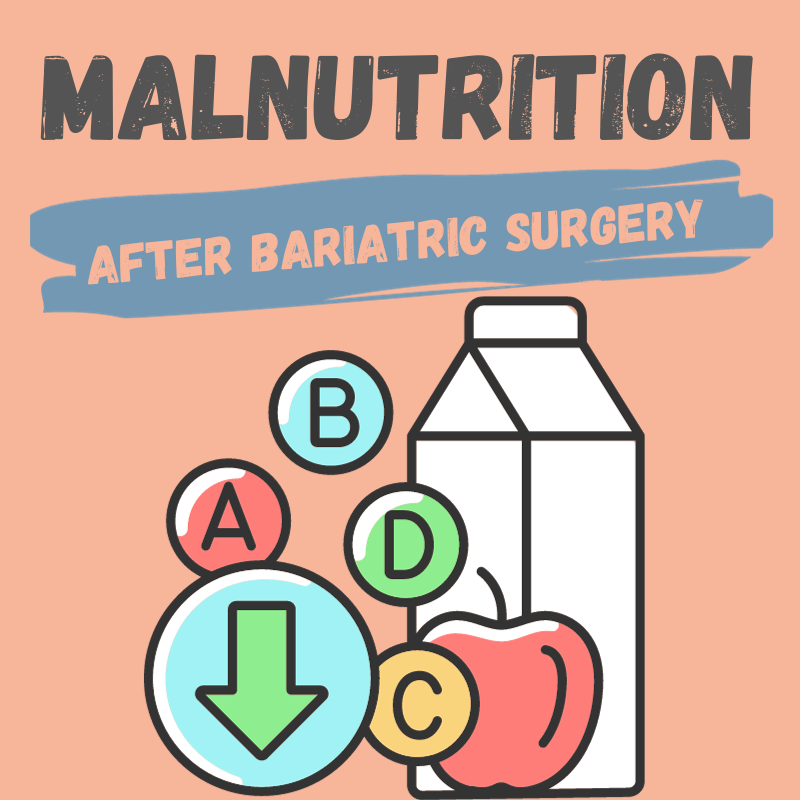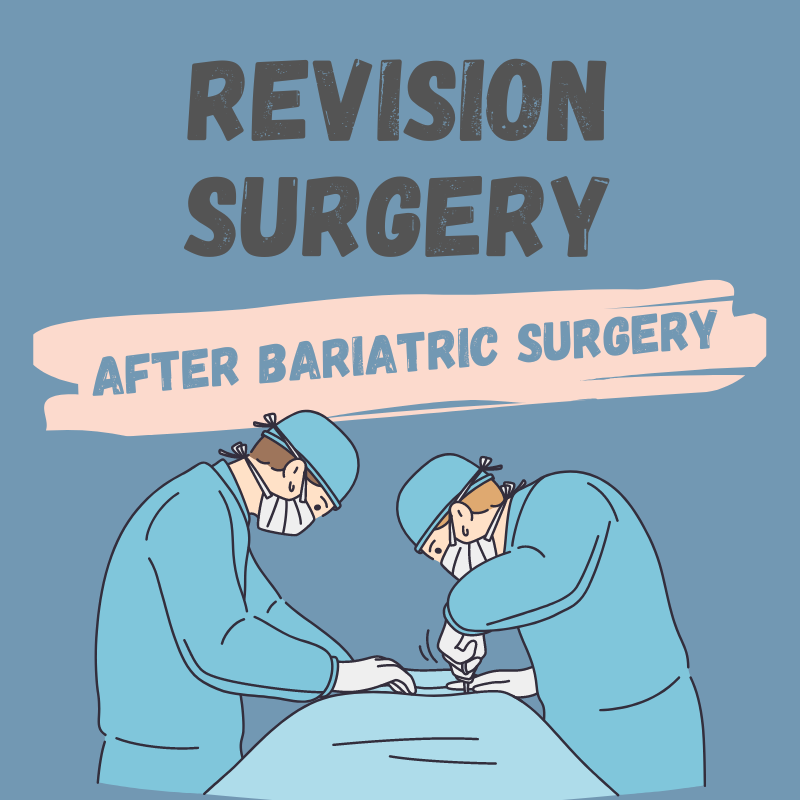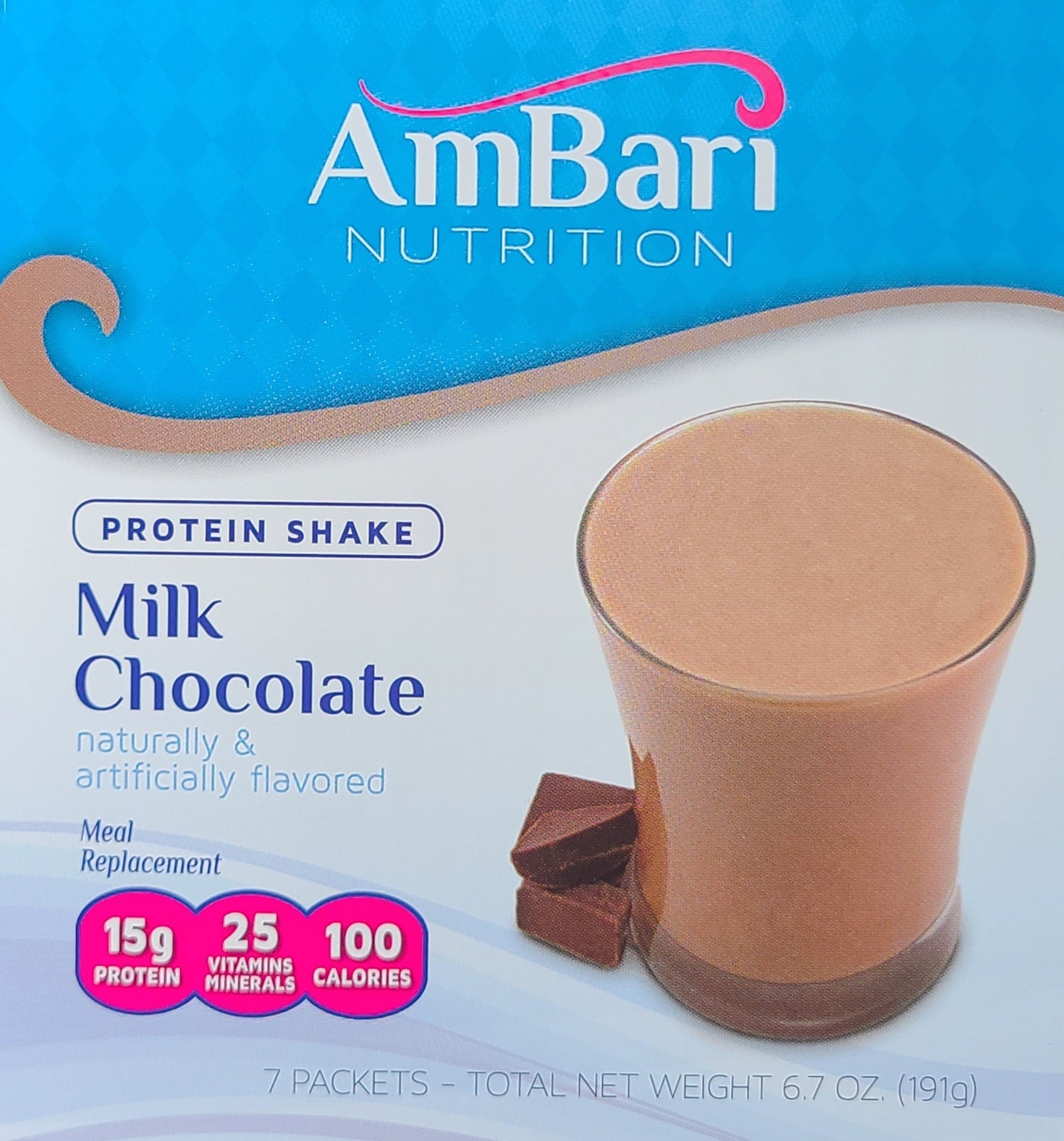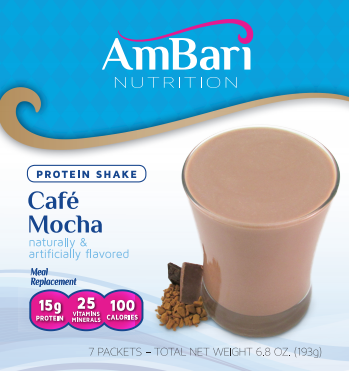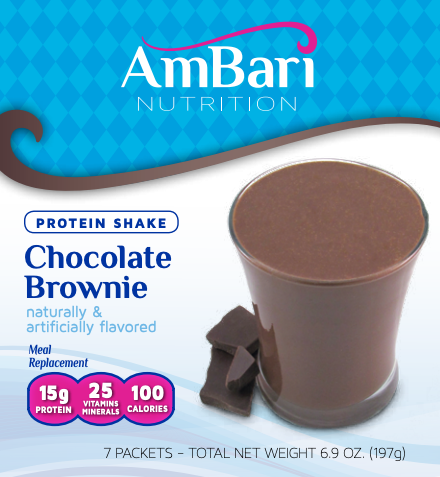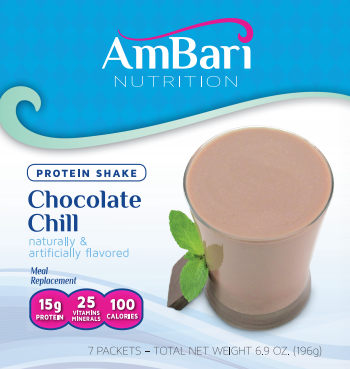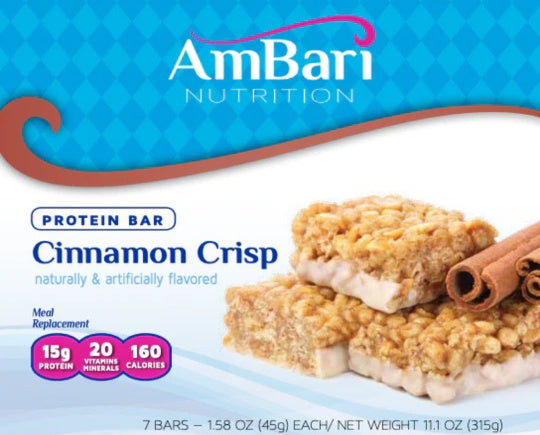Your cart is empty
Life After Weight Loss Surgery: A Complete Guide

Obesity is a serious issue that affects many people all around the world. As more and more people face this challenge, the risks of related health problems, like heart disease, diabetes, and some cancers, also increase. Bariatric surgery is a helpful option for those who are dealing with obesity, offering a chance for significant and lasting weight loss. But it's important to remember that the journey doesn't stop after the surgery; learning about and adjusting to life after weight loss surgery is key to maintaining success in the long run.
Table Of Contents
- Overview of Bariatric Surgery
- Diet and Nutrition
- Vitamins and Minerals
- Hydration
- Exercise
- Medications
- Regular Check-ups
- Counseling and Mental Health
- Loose Skin and Plastic Surgery After Weight Loss Surgery
- Pregnancy After Bariatric Surgery
- Support Groups and Networking
- Setting Realistic Goals
- Complications After Bariatric Surgery
- Conclusion
- More Resources
Overview of Bariatric Surgery
There are several types of bariatric surgery, each with its unique approach and mechanism to help patients lose weight. The most common procedures include:
- Gastric Bypass: This surgery involves dividing the stomach into a smaller upper pouch and a larger lower pouch, then connecting the small intestine to both. This process restricts food intake and reduces calorie absorption.
- Sleeve Gastrectomy: In this procedure, the surgeon removes a significant portion of the stomach, leaving a smaller, tube-shaped stomach. This reduces the amount of food that can be consumed and promotes a feeling of fullness.
- Adjustable Gastric Band: This method involves placing a band around the upper part of the stomach, creating a small pouch. This limits food intake and helps patients feel full more quickly.
- Biliopancreatic Diversion with Duodenal Switch: This surgery involves both decreasing the stomach size and rerouting a portion of the small intestine.
How Bariatric Surgery Works
Weight loss surgery helps individuals shed excess pounds by utilizing two primary techniques: restrictive methods and malabsorptive processes. Restrictive methods work by reducing the amount of food a person can eat, while malabsorptive processes decrease the body's ability to absorb calories and nutrients. When combined, these techniques lead to significant and sustained weight loss. There is a lot to be considered when trying to choose which bariatric surgery to have, so be sure to look into your options.
Candidates for Bariatric Surgery
Bariatric surgery has updated their guidelines in 2022 for who they consider qualified. Weight loss surgery is now recommended for “individuals with a BMI of 35 or more regardless of presence, absence, or severity of obesity-related conditions and that it be considered for people with a BMI 30-34.9 and metabolic disease and in appropriately selected children and adolescents”, according to the American Society for Metabolic and Bariatric Surgery.
To qualify for this surgery, individuals must have previously tried to lose weight through diet and exercise without success. The surgery is designed to support those who need additional assistance to achieve a healthier weight and improve their overall well-being.
Transitioning to Life After Bariatric Surgery
After undergoing weight loss surgery, patients will gradually adjust to the changes in their digestive system. This period of transition might include some mild discomfort, tiredness, and a limited bariatric diet. To ensure a smooth recovery, it's critical to follow the instructions and recommendations provided by the surgeon.
Taking the time to adapt to the new lifestyle following bariatric surgery is key for long-lasting success. Patients will need to establish new habits and routines that support their weight loss journey. This includes consuming smaller portions during meals, focusing on nutrient-rich foods, and incorporating regular physical activity into their daily routine.
Diet and Nutrition
Stages of a Post-Surgery Diet
Following weight loss surgery, patients must adapt their eating habits to accommodate their new digestive system. The post-surgery diet usually advances through several stages, beginning with clear liquids and slowly transitioning to pureed foods, soft foods, and eventually, regular foods. Sticking to your healthcare team's guidelines during this time is crucial.
Balanced Meals and Portion Control
To maintain a healthy diet after surgery, concentrate on consuming balanced meals that incorporate lean proteins, fruits, vegetables, and whole grains. Eating smaller, more frequent meals can help patients feel satisfied without overeating. Use portion control methods, such as measuring cups and food scales, to ensure consistency.
Foods to Avoid
Some bariatric foods might be difficult to tolerate after weight loss surgery, especially high-fat, high-sugar, and calorie-dense options known as “Slider Foods”. Patients should also steer clear of carbonated beverages, alcohol, and foods that can cause gastrointestinal discomfort, such as beans or cruciferous vegetables. To learn more about proper nutrition after bariatric surgery, check out this comprehensive guide on nutrition for further information and guidance.
Vitamins and Minerals
Importance of Supplementation
Due to changes in the digestive system after bariatric surgery, patients may struggle to absorb essential vitamins and minerals from their diet alone. Taking supplements is vital for preventing nutrient deficiencies and maintaining overall health.
Recommended Supplements
Commonly recommended vitamin supplements after weight loss surgery include multivitamins, vitamin B12, iron, calcium, and vitamin D. Always talk with your doctor or surgeon for personalized recommendations based on your specific needs and surgical procedure. Check out this collection of bariatric vitamins and supplements that we carry here at Bariatric Food Source
Monitoring and Adjusting Levels
Regular blood tests are taken to track vitamin and mineral levels, ensuring that patients are receiving adequate nutrition. Based on these results, healthcare providers may adjust supplement dosages or recommend additional supplements as needed.
Hydration
Staying Properly Hydrated
Staying well-hydrated is essential for overall health and well-being after bariatric surgery. Aim for at least 64 ounces of fluid per day, mainly from water or other non-caloric, non-carbonated beverages.
Tips for Incorporating Fluids Into Daily Routine
To maintain proper hydration, sip fluids throughout the day and avoid consuming large quantities at once. It's important to separate fluid intake from mealtimes, as drinking too much liquid with meals may cause discomfort and decrease the feeling of fullness.
Signs of Dehydration
Common signs of dehydration include dark urine, dizziness, fatigue, and dry mouth. If you suspect dehydration, increase your fluid intake and talk to your doctor for further guidance.
Exercise
The Significance of Physical Activity
Regular exercise is a big part of a healthy lifestyle after weight loss surgery, helping to maintain weight loss, improve cardiovascular health, and enhance mood. Aim for at least 150 minutes of moderate-intensity aerobic activity per week, along with strength training and flexibility exercises.
Building an Exercise Routine
When creating an exercise routine, it's essential to start slow and gradually increase intensity. This approach helps develop a sustainable and long-lasting exercise habit. Choose activities you enjoy, such as walking, swimming, or dancing, to keep you motivated and engaged.
Overcoming Challenges and Staying Motivated
Setting realistic goals, tracking progress, and celebrating achievements can help patients stay motivated in their exercise journey. If you encounter obstacles or setbacks, seek support from friends, family, or healthcare professionals to help you get back on track. For more information on exercising after weight loss surgery, check out this in-depth guide on exercise after bariatric surgery.
Medications
After having weight loss surgery, patients might need to change their medication amounts, especially if they have health issues like diabetes or high blood pressure. The body goes through big changes, and some medications might not work well with supplements or how the body absorbs nutrients. It's very important to talk openly with your doctors about managing medications and staying healthy after surgery. By keeping your healthcare providers updated on any changes in how you feel or concerns about side effects, you can work together to adjust medications, watch for any issues, and stay as healthy as possible after surgery. For example, taking omeprazole after bariatric surgery is often recommended to manage gastroesophageal reflux disease (GERD) symptoms and prevent complications.
Regular Check-ups
Having regular check-ups with your doctor after weight loss surgery helps to keep track of your progress, ensure you're getting the right nutrients, and address any possible complications. These appointments give you a chance to discuss any concerns or difficulties you might be experiencing. During your check-ups, your doctors will assess your weight loss progress, review lab results, and evaluate your overall health, helping them decide if any changes need to be made to your diet, exercise routine, or medications.
Attending regular check-ups also allows healthcare providers to spot and tackle potential issues early on, ensuring the best possible outcomes from your surgery. Catching and addressing these issues in a timely manner contributes to a smoother post-surgery journey and helps you stay on track with your weight loss goals. If you notice any new or worsening symptoms between appointments, don't hesitate to reach out to your doctor for advice and guidance.
Counseling and Mental Health
Handling Emotional Changes
Undergoing weight loss surgery can bring about significant emotional changes as patients adapt to their new lifestyle and body image. Recognizing and addressing these emotions is crucial for supporting long-term success and overall well-being.
The Advantages of Therapy
Collaborating with a mental health professional, like a therapist or counselor, can be beneficial for patients as they navigate these emotional changes. Therapy can help patients process their emotions, develop effective coping strategies, and foster a healthier relationship with food and their bodies. To learn more about the importance of counseling for bariatric patients, check out this insightful article: Why Counseling is Crucial for Bariatric Patients.
Building Healthy Coping Strategies and Reducing Stress
Learning healthy coping strategies, such as practicing mindfulness, journaling, or participating in enjoyable hobbies, can assist patients in managing stress and handling the emotional challenges that come with life after bariatric surgery. By developing these strategies, patients can build a strong foundation for lasting success and maintain their mental health throughout their weight loss journey.
Loose Skin and Plastic Surgery After Weight Loss Surgery
Causes and Extent of Loose Skin
Significant weight loss following bariatric surgery can sometimes result in loose, excess skin. The severity of this issue varies depending on factors such as age, genetics, and the total amount of weight lost.
Non-Surgical Treatment Options
Some patients might find relief from loose skin through non-surgical methods like compression garments, targeted exercises, and skincare products. However, these options may not offer a complete solution for everyone.
Deciding on Plastic Surgery
For patients seeking a more noticeable improvement in their appearance, plastic surgery, such as body contouring, could be an option to consider. It's essential to discuss this decision with your healthcare provider to determine the most suitable course of action based on your unique needs and circumstances. To learn more about loose skin and plastic surgery after weight loss surgery, read this comprehensive article: Loose Skin & Plastic Surgery: The Next Step in Your Bariatric Journey. Your healthcare provider can help you weigh the pros and cons and guide you in making an informed decision.
Pregnancy After Bariatric Surgery
Planning for Pregnancy
It's generally recommended that patients wait at least 12-18 months after bariatric surgery before becoming pregnant. This waiting period allows the body to stabilize and ensures that both the mother and the developing baby receive adequate nutrition.
Nutritional Considerations for Pregnancy
Pregnant patients who have undergone weight loss surgery may need additional nutritional monitoring and supplementation to support a healthy pregnancy. It's important to work closely with your healthcare team to create a personalized prenatal care plan that caters to your specific needs.
Monitoring and Support During Pregnancy
Regular prenatal check-ups play a critical role in monitoring the health of both the mother and the baby. During these appointments, your healthcare team will track your weight gain, nutrient levels, and overall well-being to ensure a safe and healthy pregnancy. Open communication with your healthcare provider will help address any concerns or challenges that may arise, allowing you to enjoy a successful pregnancy after bariatric surgery. For more information on pregnancy after weight loss surgery, read this informative article: Pregnant After Weight Loss Surgery.

Support Groups and Networking
Benefits of Joining Support Groups
Support groups can offer valuable emotional and practical support for individuals adjusting to life after bariatric surgery. By connecting with others who have similar experiences, patients can feel understood, share helpful tips, and maintain motivation on their journey. Discover the benefits of bariatric support groups and how they help you achieve your post-op goals.
Finding the Right Group for You
Take the time to explore both local and online support groups to find the one that best fits your needs and preferences. Your healthcare team may be able to provide recommendations for reputable groups in your area, ensuring you find the right support network.
Online and In-Person Options
Both online forums and in-person support groups come with unique benefits. Online groups offer flexibility and anonymity, allowing you to connect with others at your convenience and comfort level. On the other hand, in-person meetings can foster deeper connections and camaraderie among group members, providing a more tangible sense of support and understanding.
Friendships After Bariatric Surgery
Forming new friendships or strengthening existing ones after bariatric surgery can be an essential part of your support network. As you adjust to your new lifestyle, it's helpful to have friends who understand your journey, provide encouragement, and share similar goals. These friendships can be developed within support groups, fitness classes, or other social settings related to healthy living. Learn more about building friendships after weight loss surgery.
Additionally, it's important to communicate openly with your current friends about your experiences and the changes you're making in your life. This can help them understand your new priorities and support you in your weight loss journey. Surrounding yourself with positive and understanding friends can make a significant difference in maintaining long-term success after bariatric surgery.
Setting Realistic Goals
Long-term Weight Loss and Maintenance
Establishing achievable and realistic goals for weight loss and maintenance is essential for long-term success following bariatric surgery. Keep in mind that weight loss is generally gradual, and upholding a healthy weight may necessitate ongoing adjustments to your diet and exercise regimen. By setting realistic goals and expectations, you can remain motivated and dedicated to your new lifestyle. Creating a sense of accountability can also be beneficial in staying on track.
Accepting Natural Weight Fluctuations
It's important to acknowledge that weight fluctuations are a normal part of life. Minor changes in weight shouldn't be cause for alarm or discouragement. Instead, concentrate on maintaining healthy habits and staying in communication with your healthcare team to address any concerns or make necessary adjustments.
Celebrating Progress and Non-Scale Victories
Weight loss is only one aspect of the journey after bariatric surgery. Make sure to celebrate non-scale victories as well, such as increased energy levels, improved health indicators, and personal accomplishments. Recognizing and embracing these successes can enhance your motivation and self-esteem, helping you maintain a positive mindset throughout your weight loss journey.
Potential Complications After Bariatric Surgery
Common Side Effects and Complications
Following weight loss surgery, some patients may experience common side effects and complications such as nausea, vomiting, dumping syndrome, constipation, bowel obstructions, and nutrient deficiencies. Fortunately, most side effects can be managed with lifestyle adjustments and guidance from your doctors, ensuring a smoother recovery process.
Preventative Measures
To reduce the risk of complications, it's crucial to follow the dietary and lifestyle guidelines provided by your healthcare team. Scheduling regular check-ups and maintaining open communication with your healthcare providers are essential in ensuring any potential issues are identified and addressed promptly, further safeguarding your health after surgery.
Working with Medical Professionals to Address Complications
If you encounter any unusual or concerning symptoms, don't hesitate to consult your healthcare provider. They will assess your situation, offer recommendations, and develop a plan to address any complications or concerns. Trusting and collaborating with your medical professionals is key to overcoming challenges and maintaining your well-being after bariatric surgery. To learn more about potential complications and how to manage them, read this informative article on bariatric surgery complications, risks, and side effects.
Conclusion
Life after bariatric surgery is a journey that involves many adjustments, both physically and emotionally. It's essential to adhere to dietary guidelines, incorporate bariatric foods, and maintain a well-balanced diet that supports long-term weight loss and overall health. Regular exercise, proper medication management, and attending regular check-ups with your healthcare team are crucial components of a successful post-surgery lifestyle.
Emotional support, through counseling and participating in support groups or fostering friendships, can significantly impact your long-term success. Furthermore, being mindful of potential complications and working closely with your healthcare providers will help ensure a smoother recovery and minimize risks.
Setting realistic goals and celebrating non-scale victories can be highly motivating, keeping you on track throughout your journey. Addressing topics like pregnancy, loose skin, and plastic surgery requires careful consideration and guidance from medical professionals to ensure the best possible outcomes.
Ultimately, the key to success after bariatric surgery is a combination of commitment, perseverance, and support. By adopting a comprehensive approach that encompasses dietary, exercise, emotional, and medical aspects, you'll be well-equipped to navigate the challenges and enjoy the rewards of your transformed life.
More Resources
Here’s a list of references and guides we have here at Bariatric Food Source for dealing with all aspects of Life After Weight Loss Surgery:
- Setting Realistic Goals After Bariatric Surgery: Learn how to set achievable and sustainable goals for your post-surgery journey.
- Bariatric Surgery Complications: Risks and Negative Side Effects: Understand the potential complications and side effects of weight loss surgery.
- Complete Guide to Nutrition After Bariatric Surgery: A comprehensive resource on maintaining proper nutrition after your procedure.
- A Guide to Exercise After Weight Loss Surgery: Learn about the importance of exercise and how to develop a sustainable routine post-surgery.
- Why Counseling is Crucial for Bariatric Patients: Discover the benefits of therapy and mental health support after bariatric surgery.
- Building a Support System After Weight Loss Surgery: Tips for creating a strong network of support to help you succeed in your journey.
- Friendships After Weight Loss Surgery: Learn about the importance of forming and maintaining healthy friendships post-surgery.
- Bariatric Support Groups: How They Help You Achieve Your Post-Op Goals: Understand the benefits of joining support groups and how they can contribute to your success.
- Accountability: How to Stay on Track After Bariatric Surgery: Strategies for maintaining accountability and staying focused on your weight loss journey.
- Loose Skin & Plastic Surgery: The Next Step in Your Bariatric Journey: Explore options for addressing loose skin and whether plastic surgery is right for you.
- Pregnant After Weight Loss Surgery: Learn about pregnancy considerations and care after bariatric surgery.
- My Top 5 Regrets After Weight Loss Surgery: Gain insight from the experiences and lessons learned by others who have undergone weight loss surgery.
- How to Survive Dumping Syndrome: Tips for managing and preventing.
- How to Get Insurance to Pay for Bariatric Surgery: Guide to figuring out the insurance process
Author: Allison Eisenberg Allison is a certified nutritionist and author with over 15 years of experience writing in the health and weight loss industry. She is passionate about helping people achieve their goals through proper nutrition and exercise. As a certified nutritionist, Allison has worked with clients from all walks of life and helped them make positive changes to their diet and lifestyle. |
Reviewed By: Dr. K. Huffman Kevin D. Huffman, D.O. is a board-certified bariatric physician who has dedicated his career to treating obesity. With over 10,000 patients under his care, he has become a respected authority in the field of bariatric medicine. Dr. Huffman has trained and mentored hundreds of healthcare providers and is widely recognized as a national leader in the field. |
Bariatric Guides & Information
More Info
Customer Favorites
- Choosing a selection results in a full page refresh.





